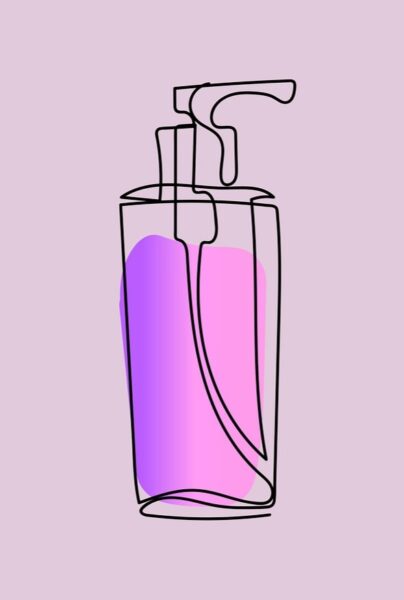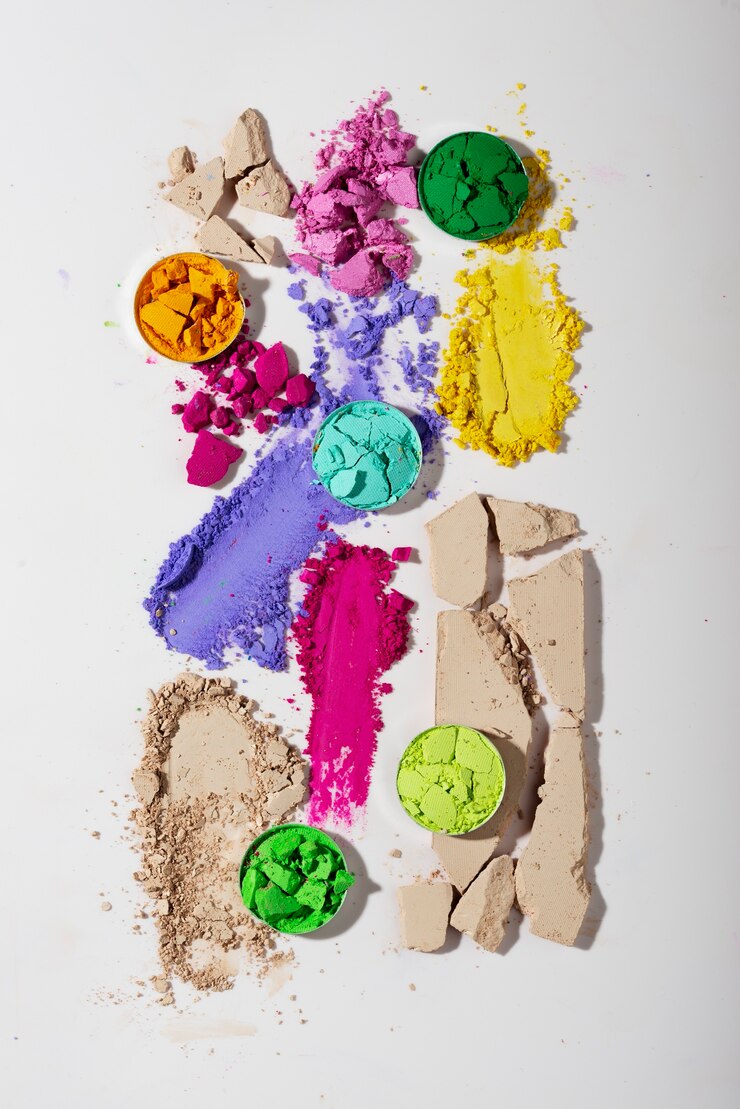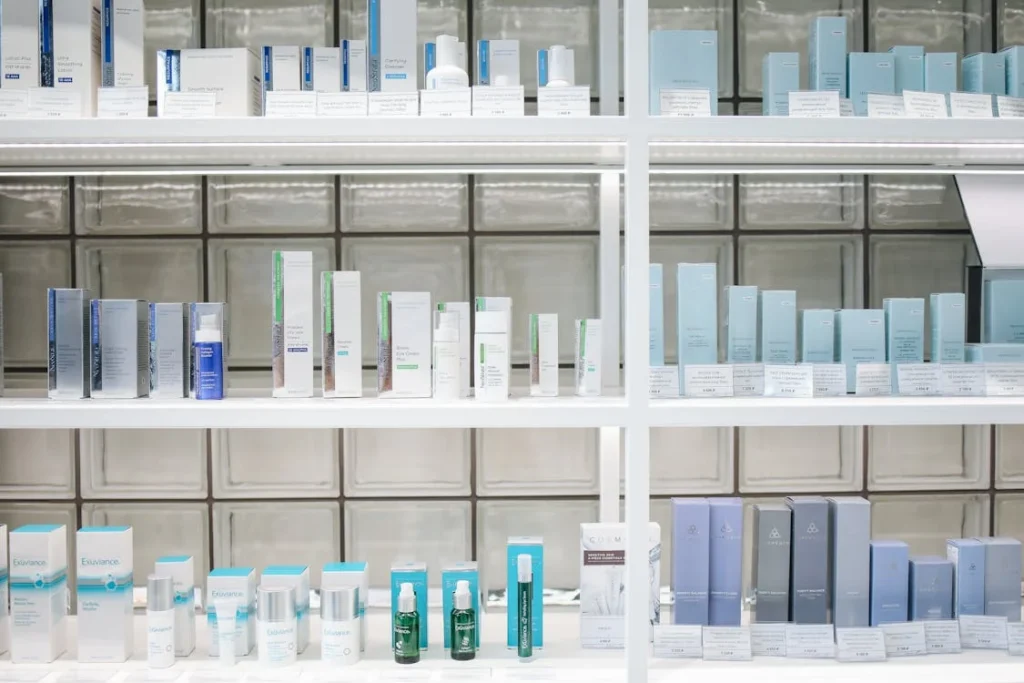Nearshoring and Reshoring
In today’s dynamic economic landscape, more companies are embracing nearshoring and reshoring to simplify their supply chains, reduce risks, and create a more agile production system. This means moving production closer to home—or right back to the U.S.—so that goods can get to market faster and meet customer needs more effectively. Birchwood Contract Manufacturing is a trusted partner for U.S. distributors and manufacturers of raw materials looking to keep production stateside.
What does nearshoring really mean for businesses and consumers?
In simple terms, it means that instead of juggling long-distance logistics and potential delays from overseas suppliers, companies can focus on producing products within the U.S. The benefits speak for themselves: shorter shipping routes, enhanced quality control, and a more intimate understanding of local market needs. With production closer to home, companies can respond quickly to customer demands and changes in the market, which is invaluable in today’s world.

A Homegrown Hub of Expertise
Based in Eden Prairie, Minnesota, Birchwood Contract Manufacturing has been a trusted name for over 65 years. Our deep experience means we’re not just a manufacturing facility— we’re a partner who understands the ins and outs of domestic production. Birchwood works hand in hand with U.S. distributors and manufacturers of raw materials to ensure the entire production process runs smoothly and efficiently.
By building strong relationships with local raw material suppliers, distributors, and manufacturers; Birchwood guarantees that every product they handle is made using high-quality ingredients. This focus on domestic partnerships means that shortages and delays that can plague global supply chains are minimized. In turn, this provides American businesses with the peace of mind and operational efficiency needed to thrive.

Shorter Shipping Times, Better Quality
One of the most significant advantages of nearshoring with Birchwood is the dramatic reduction in shipping times. When raw materials and products are sourced and manufactured domestically, there is far less reliance on international logistics. Minnesota's north-central location provides easy access to markets across the continent, with over 50% of the U.S. population within a day's truck drive.
Birchwood’s facility ensures that each step of the production process—from mixing to filling and packaging—is performed under quality control. Working with these distributors ensures they have access to reliable, consistent raw material supplies, enabling them to maintain the high standards that their clients expect.

Supporting Local Economies
Reshoring isn’t just good for business—it’s also a bonus for local communities and regional economies. By keeping manufacturing operations within the U.S., companies help create jobs and spur economic growth. Minnesota, with its central location and robust infrastructure, serves as an ideal manufacturing hub. Birchwood leverages this advantage by collaborating with nearby U.S. distributors and raw material manufacturers, further reinforcing the benefits of a localized supply chain.
Local suppliers thrive, distributors enjoy more streamlined logistics, and consumers get products with a reduced environmental footprint. Birchwood’s commitment to domestic production is a testament to the broader benefits that come from supporting local industries and reinforcing the U.S. manufacturing base.
A Partnership You Can Trust
What truly sets us apart is the dedication to forming strong, long-lasting relationships with their clients. Our team is known for its proactive approach, ensuring that every client receives personal attention that fits their unique needs. Birchwood understands that in today’s market, it’s not just about manufacturing—it’s about creating a seamless production process where every piece of the puzzle fits, from raw material sourcing to final delivery.
With a facility that's FDA, EPA, cGMP, ISO 22716, and CPA registered, Birchwood provides the stability and trust that U.S. businesses need. Our quality control processes, combined with a deep-rooted understanding of the market, make us the go-to partner for companies looking to bring production home. Whether you're a distributor or a raw materials manufacturer, working with Birchwood means you’re teaming up with experts who have your best interests at heart.
As more companies look to the future, nearshoring and reshoring are poised to redefine the U.S. manufacturing landscape. By keeping production domestic, businesses gain a competitive edge while reinforcing the country’s economic foundation.
With Birchwood by your side, you're not just bringing production home—you're building a stronger, more resilient future.
Let’s grow together—






























